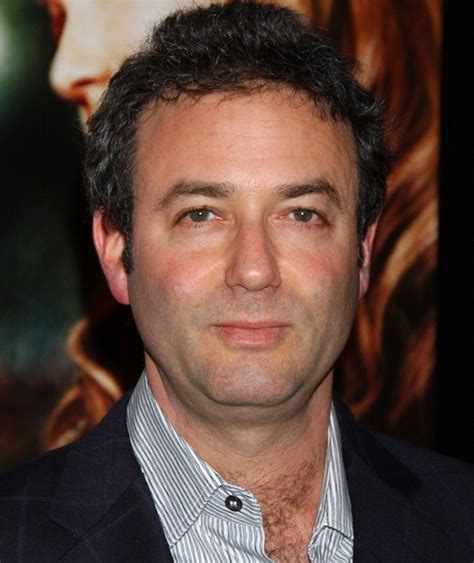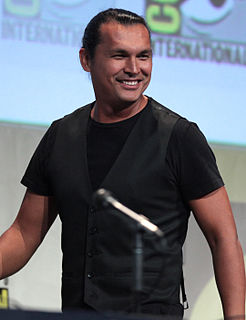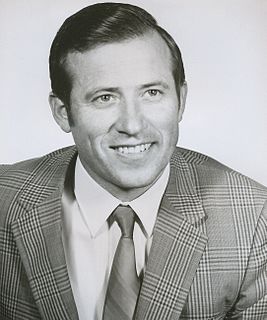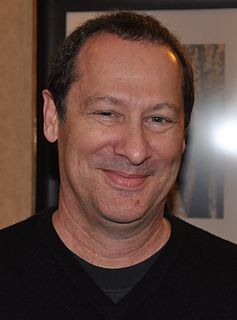A Quote by Zoya Akhtar
As a director the first level of management is people. You have to deal with about 100 creative egos and make sure they subscribe to your vision and give you their best.
Related Quotes
Companies, as they grow to become multi-billion-dollar entities, somehow lose their vision. They insert lots of layers of middle management between the people running the company and the people doing the work. They no longer have an inherent feel or a passion about the products. The creative people, who are the ones who care passionately, have to persuade five layers of management to do what they know is the right thing to do.
You have sole ownership of your vision. And the Universe will give you what you want within your vision. What happens with most people is that they muddy their vision with “reality”. Their vision becomes full of not only what they want but what everybody else thinks about what they want, too. Your work is to clarify and purify your vision so that the vibration that you are offering can then be answered.
We have to have a vision of the world we want to make in 100 years. And maybe when we have that vision, when we convince enough people that that is a realistic vision, and that the opposite vision is basically that if we don't do something in this 100 years, a hundred years from now this world is gonna be so destroyed, so raped and ravished that we won't HAVE much of a world to save.
I ain't the first on the list that people are sending scripts to. I'm very lucky. I've managed to put myself in the position with some directors, yes, who will be calling me directly, and we're working on things and talking about things, but that's on a purely creative level. And then you go and have to deal with the financial level.
It's funny: as a director, there are movies you make because you're passionate about getting your vision across, and you know that you're vision is different than anybody else. In those cases, you take the plunge, and it works, or it doesn't. You make the stylistic choices based on how you feel about the material.
You have to accept that the moment you hand a script to a director, even if you've written it as an original script, it becomes his or her movie. That's the way it has to be because the pressures on a director are so staggering and overwhelming that if he or she doesn't have that sort of level of decision making ability, that sort of free reign, the movie simply won't get done. It won't have a vision behind it. It may not be your vision as a screenwriter, but at least it will have a vision.
My teachers believe that the creative producer's job is to service the vision of the director, to stay within schedule and budget, and to get the studio what they need, but you work for the director to get their vision on the screen. That's not how everyone approaches producing, but it is certainly how directors like you to approach producing. How I was brought up is that my job is to help you make the movie you want to make.
A coach has to worry not so much about creating motivation, esprit de corps, as about destroying it. The true competitor has it; he wouldn't be a star if he didn't. So you have to mold all these egos together and make sure in your selection of people that you don't destroy the feeling of togetherness or morale, because it is a fragile thing.
If you want to survive in the film industry, it's not about fighting for your visions because that's a given. It's thinking about how much is your vision going to cost, and then, what are the consequences, because you may have $100 million, but the reality is that $100 million needs to make $500 million to be a success.






































